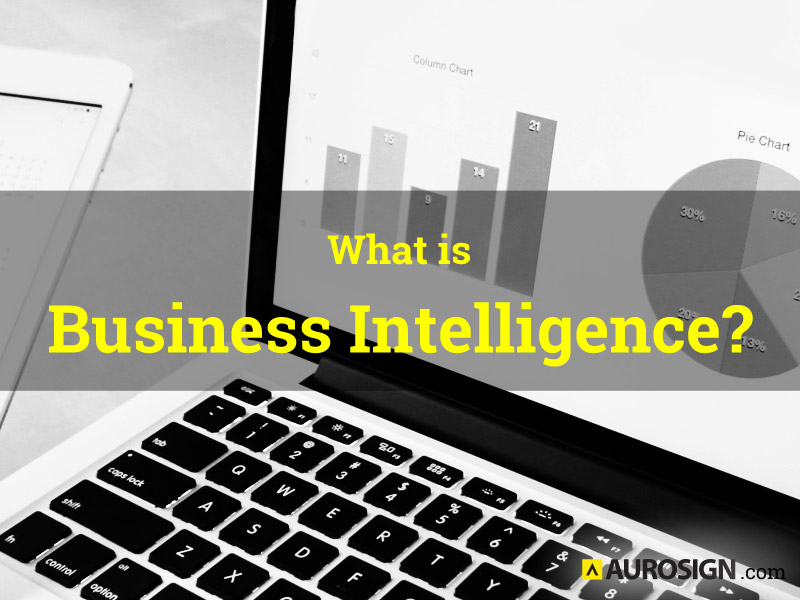How do I run my business? How do I increase sales? How do I improve customer loyalty? How do I expand my business?
As an entrepreneur who is excited in business, these are questions to ask. And, though they sound common for any entrepreneur, still, these are difficult to answer. You need to collect large number of data, place them in the right structure and analyse them. A daunting task it is, but the result is obviously important.
Let me explain this into a much more simple way by using an example.
Let’s say you have a grocery store. Averagely, you have 100 customers a day or 3,000 customers a month. Let’s assume each customer purchase 10 pieces of products, which means you averagely sell 1,000 products daily or 30,000 products a month.
At the billing counter, you can collect some data, such as products your customers purchased, number of sales of each product, sales time, and other information.
You should be able to export this data from your billing machine, usually, it’s in excel spreadsheet. You should be able to analyse these raw data to understand which product has the highest demand, which one creates the biggest revenue, when is the busiest time and which day of the week has highest sales.
This is Business Intelligence.
To sum up, business intelligence is the techniques to analyse raw data and transform them into visible business information for future improvement.
When you’re running a small scale business, an excel sheet may do the job. But you need to collect and analyse the data manually. It is unefficient though, since it will cost you a lots of time and energy to get the result.
It is recommended to acquire a business intelligence application system which can creates much more sophisticated results.
Benefits of Business Intelligence Application
- Efficient in collecting data.
- Improve customer management.
- Improve inventory management.
- Increase sales.
- Automation of big data tracking.
- Quick access to key metric reports.
- Automate integration and synchronization of data.
- Improve competitive advantages.
- Increase employee productivity.
Functions of Business Intelligence Application
Some main functions and features of business intelligence application includes, but not limited to:
- Collecting customer data.
- Collecting sales data.
- Analyzing sales trends.
- Tracking customer behaviour, especially buying habits.
- Collecting website performance.
- Tracking digital marketing performance.
- Predicting market demand.
- Managing financial performance.
- Managing employees and staff performance.
- Analyzing marketing and advertising campaign effectiveness.
- Managing supplier, vendor, distributor and partner relationships.
With recent growing of advance technology in information system, generating a high-level business intelligence report has became much more effortless and straightforward. More companies has realized the benefits of incorporating business intelligence system in their businesses as well.
By acquiring business intelligence system into your company, you will better understand about your business, sales and customers. And it should help you answer the above questions.
Wahidin Wong is a digital marketer at Adkomu.com and an editor at Tobeeko.com. He is also a jazz and bossa lover.











No Comments
Leave a comment Cancel